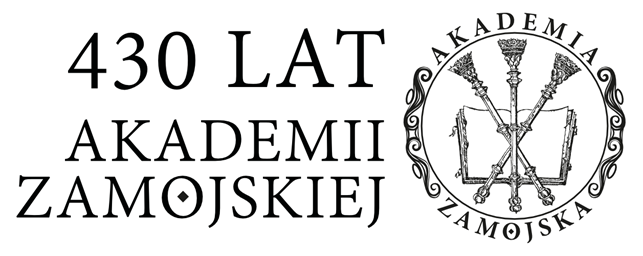Niemiecko-rosyjskie „małżeństwo z przymusu”. Mechanizmy współpracy na przykładzie układu z Rapallo
Abstrakt
Artykuł dotyczy traktatu z Rapallo podpisanego w 1922 roku między Niemcami a ZSRR. Kluczowe dla wzajemnych relacji tajne rozmowy bolszewickiego emisariusza Karola Radke z niemieckimi politykami, m.in. kanclerzem Josephem Wirthem, dotyczyły współpracy dyplomatycznej, jednak kluczowym tematem była kwestia ewentualnej sowieckiej agresji na Polskę, co wywołało napięcia w niemieckim rządzie. Prezydent Friedrich Ebert i inni przeciwnicy traktatu obawiali się, że porozumienie może prowadzić do zaangażowania Niemiec w konflikt z mocarstwami zachodnimi. Autor omawia w artykule kontekst polityczny zawarcia traktatu oraz kontrowersje związane z jego interpretacją i skutkami politycznymi. Pokazuje napięcia w niemieckiej elicie politycznej między zwolennikami orientacji na Wschód a tymi opowiadającymi się za zbliżeniem z mocarstwami zachodnimi, co ostatecznie doprowadziło do wykształcenia strategii polityki zagranicznej Niemiec, opierającej się na równoważeniu wpływów w Europie.
Słowa kluczowe:
Rapallo, traktat, niemiecko-sowieckie porozumienie, sojusz militarny, Polska, Joseph Wirth, Hans von Seeckt, Friedrich Ebert, Ulrich von Brockdorff-RantzauSzczegóły
Bibliografia
Statystyki
Autorzy
Zasady cytowania
Licencja

Utwór dostępny jest na licencji Creative Commons Uznanie autorstwa – Użycie niekomercyjne – Na tych samych warunkach 4.0 Międzynarodowe.


 Język Polski
Język Polski
 English
English
